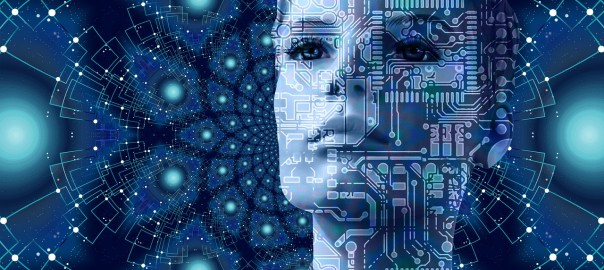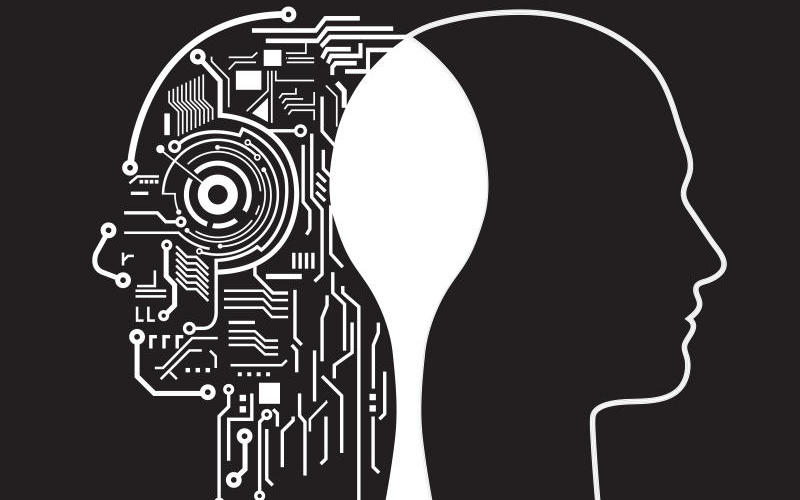Artificial intelligence is one of the most powerful technologies in history, and a sector defined by rapid growth. While numerous major advances in AI have occurred over the past decade, in order for AI to be truly intelligent, it must learn to think on its own when faced with unfamiliar situations to predict both positive and negative potential outcomes.
One of the major gifts of human consciousness is intuition. Intuition differs from other cognitive processes because it has more to do with a gut feeling than intellectually driven decision-making. AI researchers around the globe have long thought that artificial intuition was impossible, but now major tech titans like Google, Amazon, and IBM are all working to develop solutions and incorporate it into their operational flow.
WHAT IS ARTIFICIAL INTUITION?
Descriptive analytics inform the user of what happened, while diagnostic analytics address why it happened. Artificial intuition can be described as “predictive analytics,” an attempt to determine what may happen in the future based on what occurred in the past.
For example, Ronald Coifman, Phillips Professor of Mathematics at Yale University, and an innovator in the AI space, used artificial intuition to analyze millions of bank accounts in different countries to identify $1 billion worth of nominal money transfers that funded a well-known terrorist group.
Coifman deemed “computational intuition” the more accurate term for artificial intuition, since it analyzes relationships in data instead of merely analyzing data values. His team creates algorithms which identify previously undetected patterns, such as cybercrime. Artificial intuition has made waves in the financial services sector where global banks are increasingly using it to detect sophisticated financial cybercrime schemes, including: money laundering, fraud, and ATM hacking.
ALPHAGO
One of the major insights into artificial intuition was born out of Google’s DeepMind research in which a super computer used AI, called AlphaGo, to become a master in playing GO, an ancient Chinese board game that requires intuitive thinking as part of its strategy. AlphaGo evolved to beat the best human players in the world. Researchers then created a successor called AlphaGo Zero which defeated AlphaGo, developing its own strategy based on intuitive thinking. Within three days, AlphaGo Zero beat the 18—time world champion Lee Se-dol, 100 games to nil. After 40 days, it won 90% of matches against AlphaGo, making it arguably the best Go player in history at the time.
AlphaGo Zero represents a major advancement in the field of Reinforcement Learning or “Self Learning,” a subset of Deep Learning which is a subset of Machine Learning. Reinforcement learning uses advanced neural networks to leverage data into making decisions. AlphaGo Zero achieved “Self Play Reinforcement Learning,” playing Go millions of times without human intervention, creating a neural network of “artificial knowledge” reinforced by a sequence of actions that had both consequences and inception. AlphaGo Zero created knowledge itself from a blank slate without the constraints of human expertise.
ENHANCING RATHER THAN REPLACING HUMAN INTUITION
The goal of artificial intuition is not to replace human instinct, but as an additional tool to help improve performance. Rather than giving machines a mind of their own, these techniques enable them to acquire knowledge without proof or conscious reasoning, and identify opportunities or potential disasters, for seasoned analysts who will ultimately make decisions.
Many potential applications remain in development for Artificial Intuition. We expect to see autonomous cars harness it, processing vast amounts of data and coming to intuitive decisions designed to keep humans safe. Although its ultimate effects remain to be seen, many researchers anticipate Artificial Intuition will be the future of AI.


